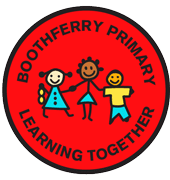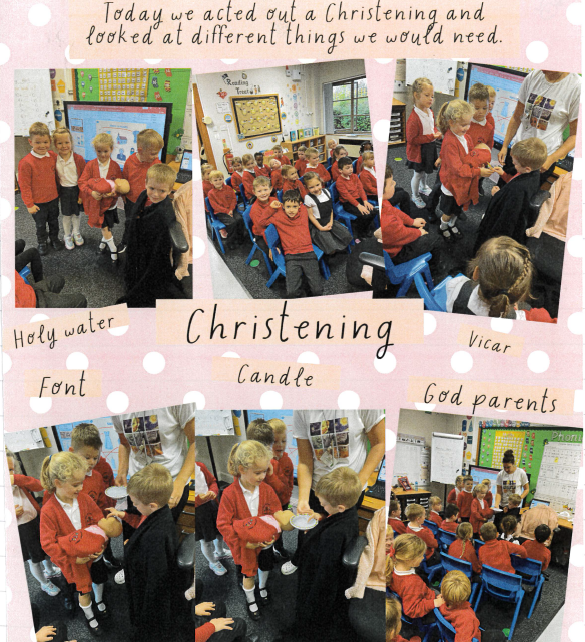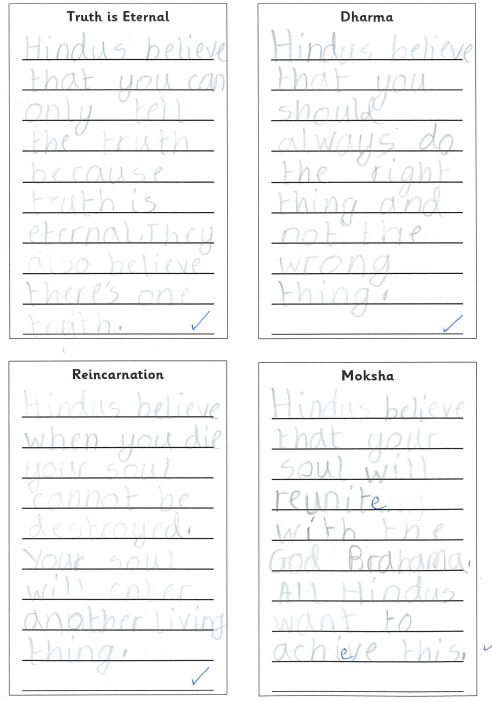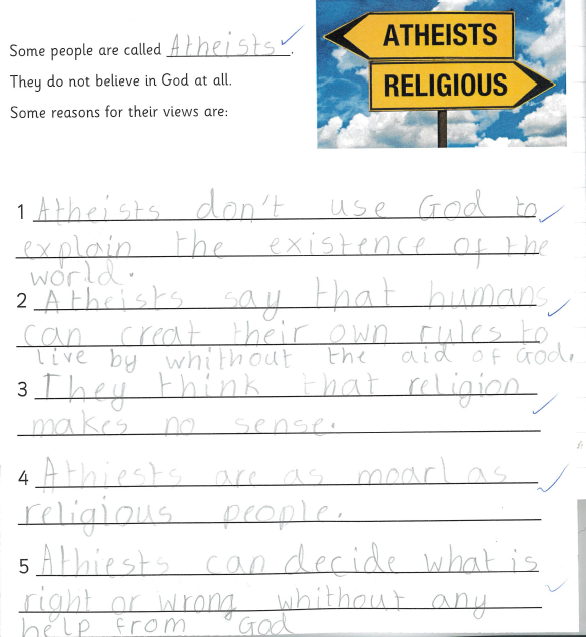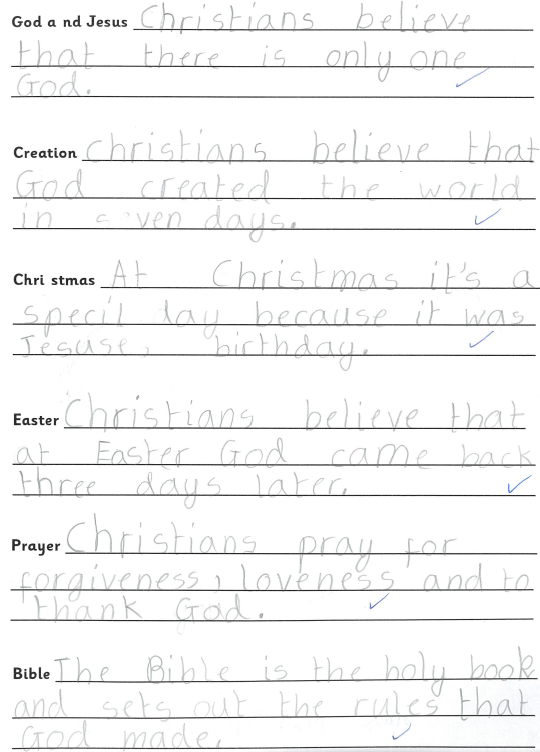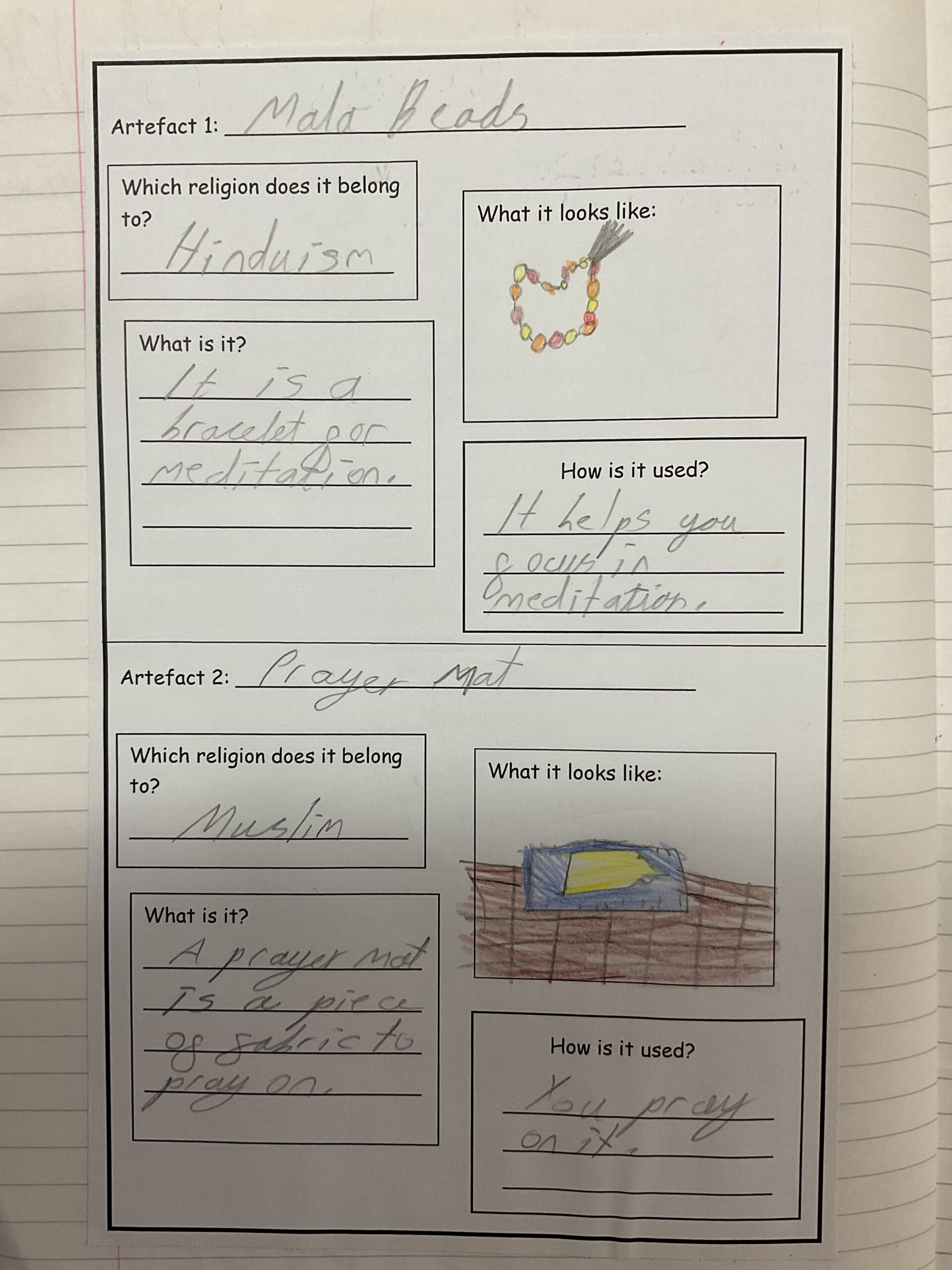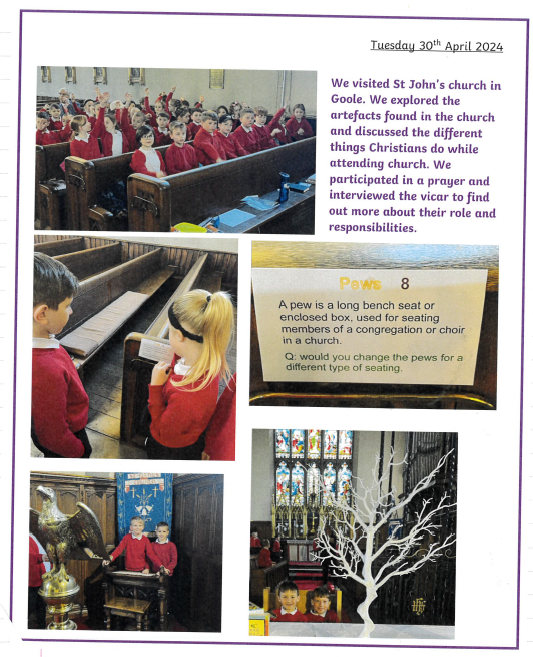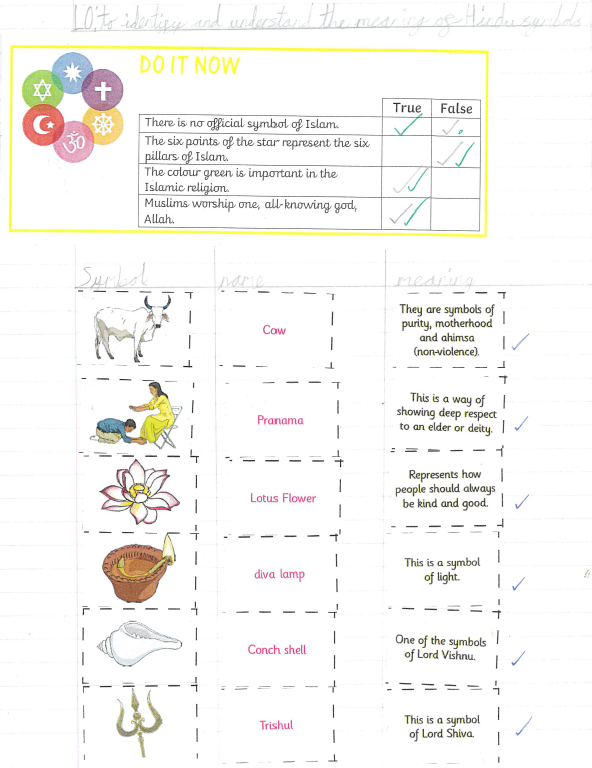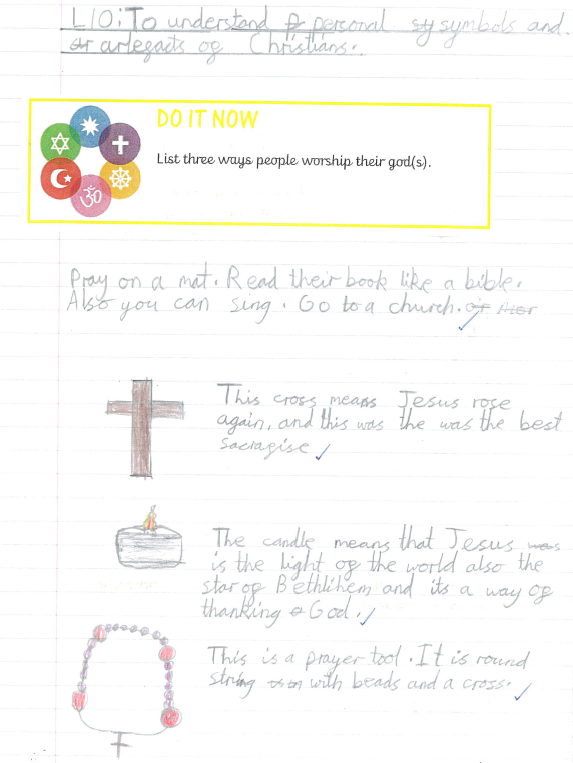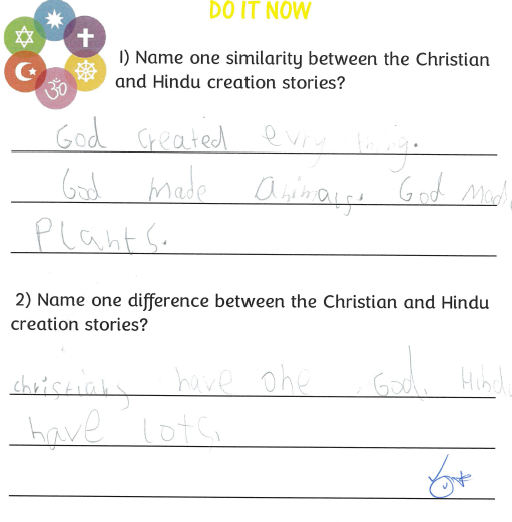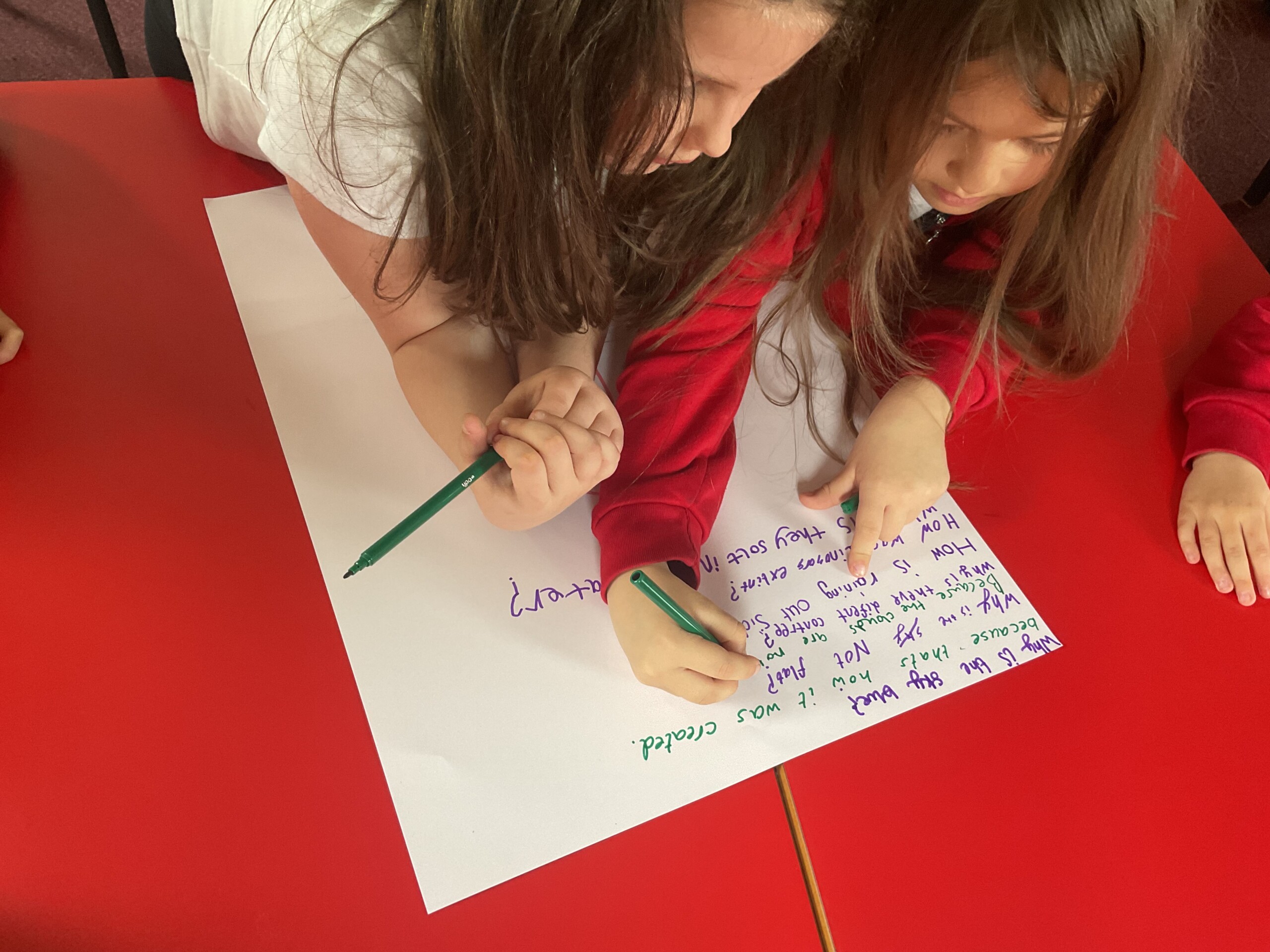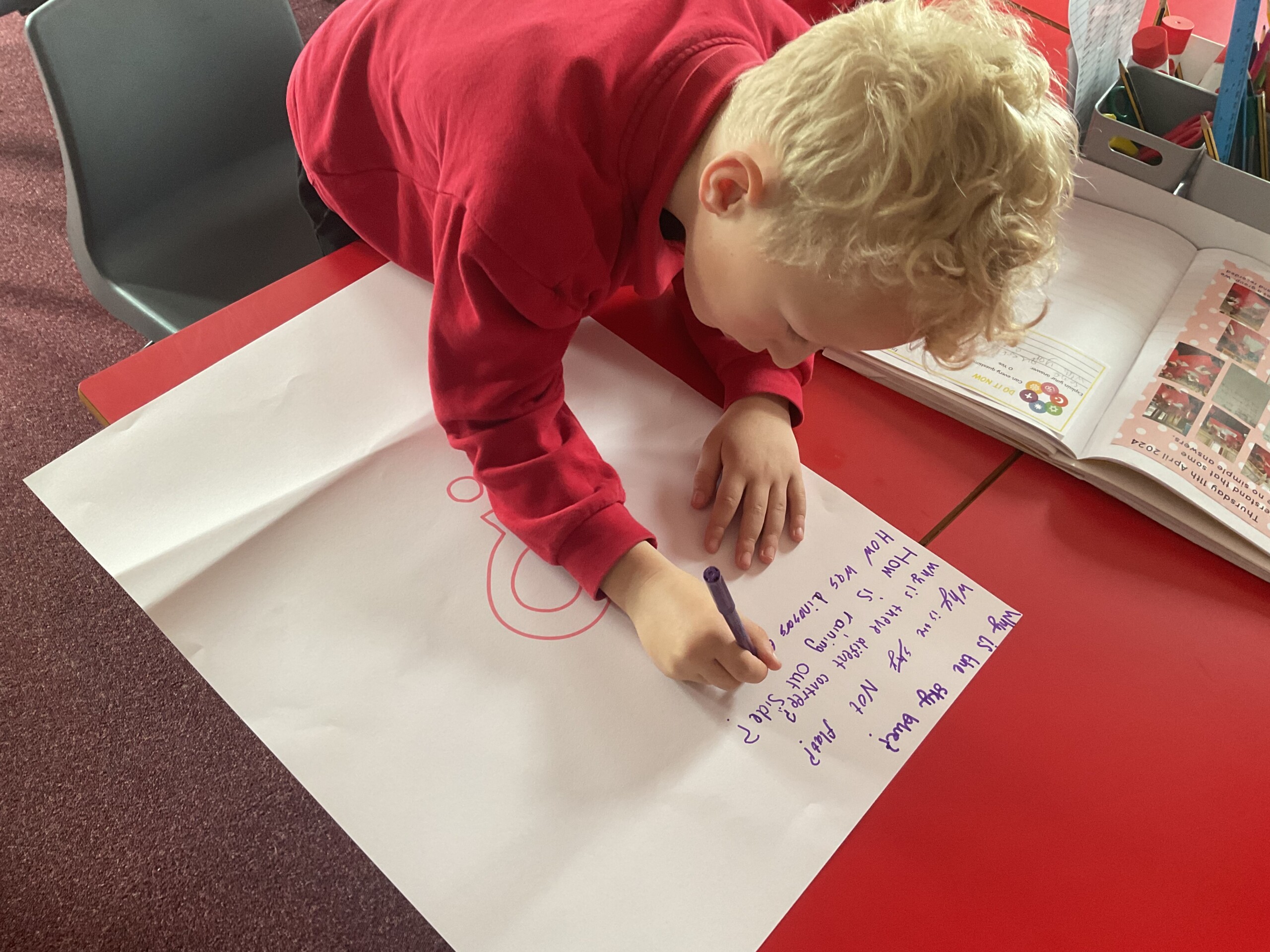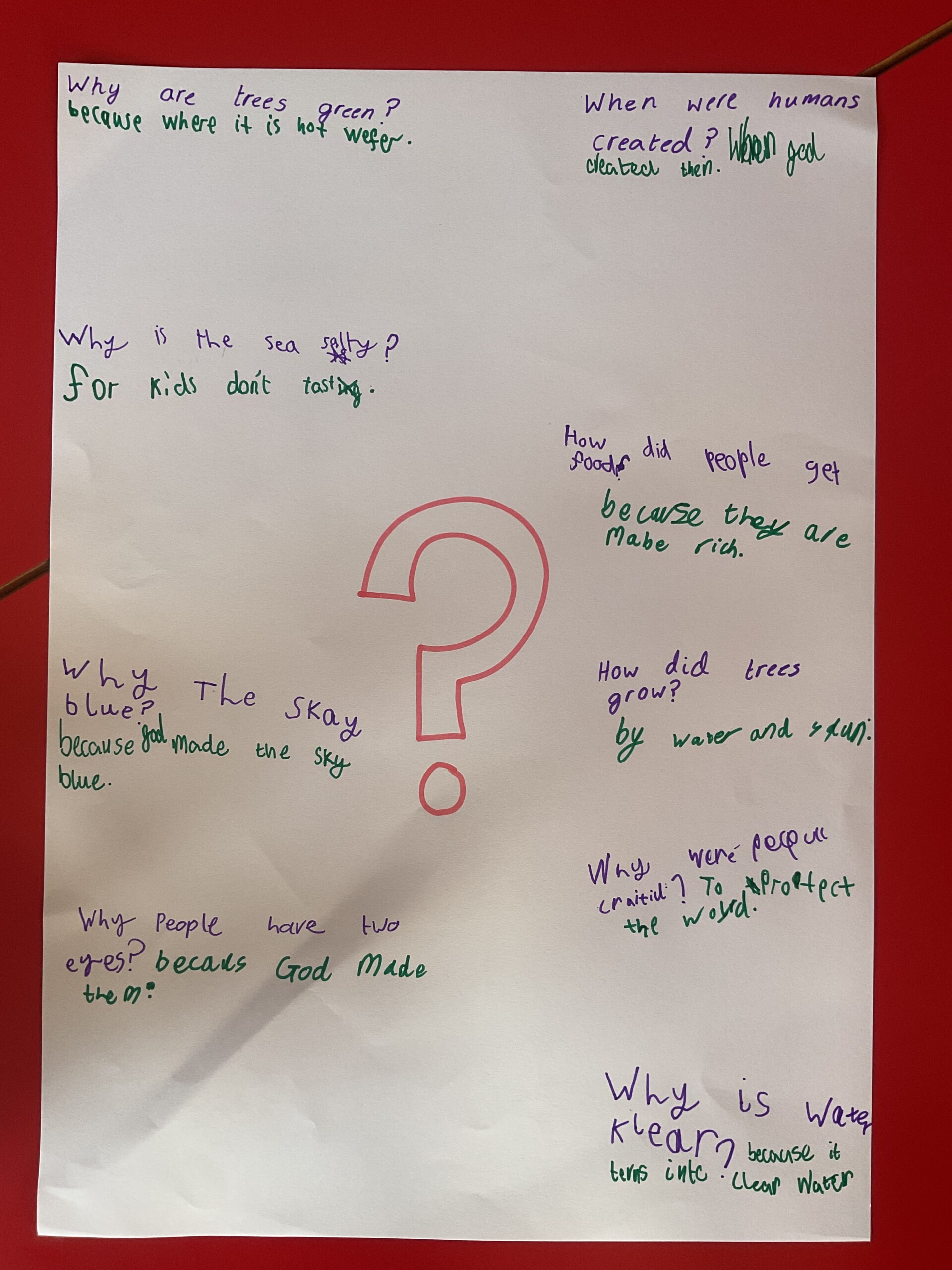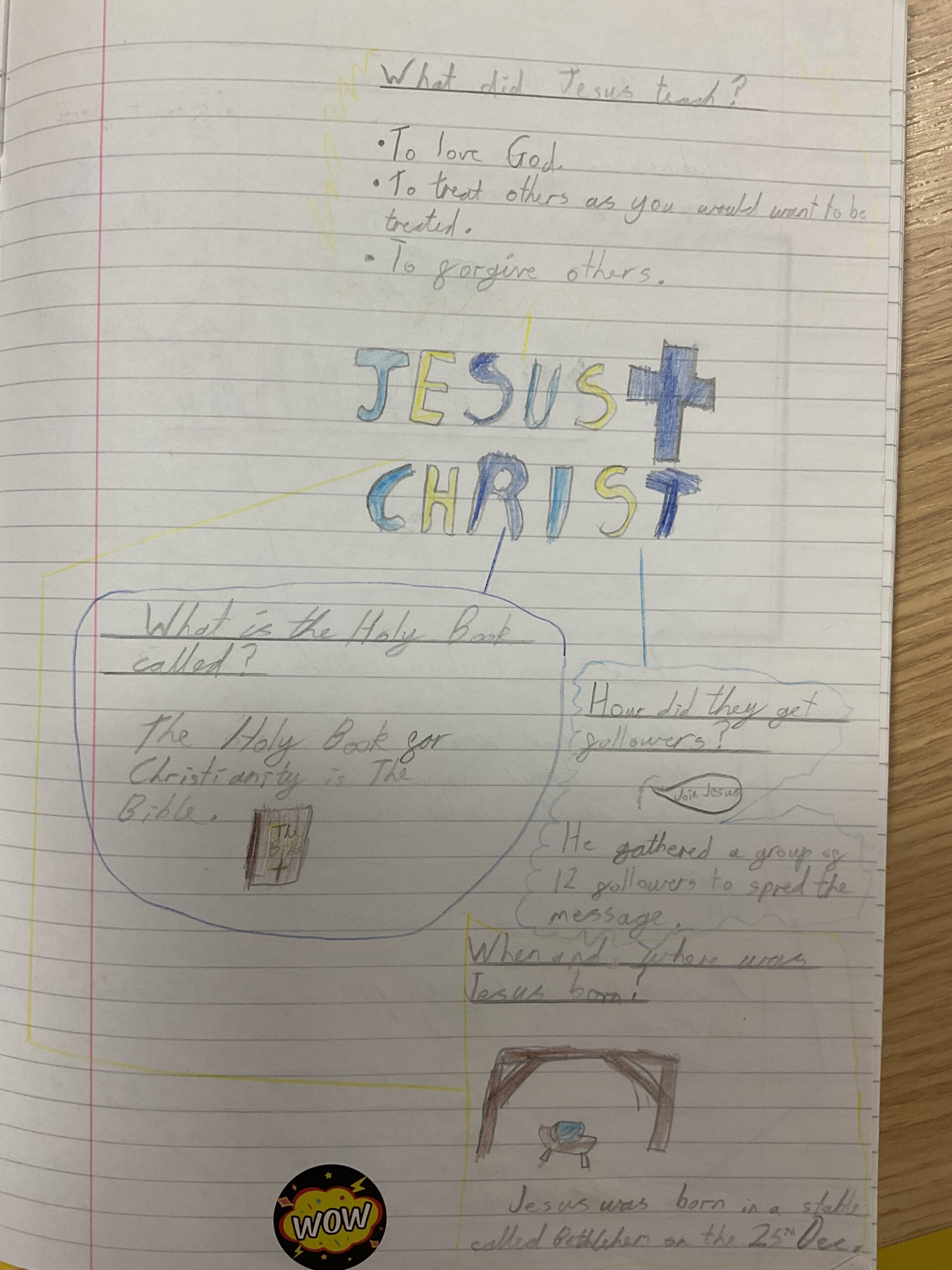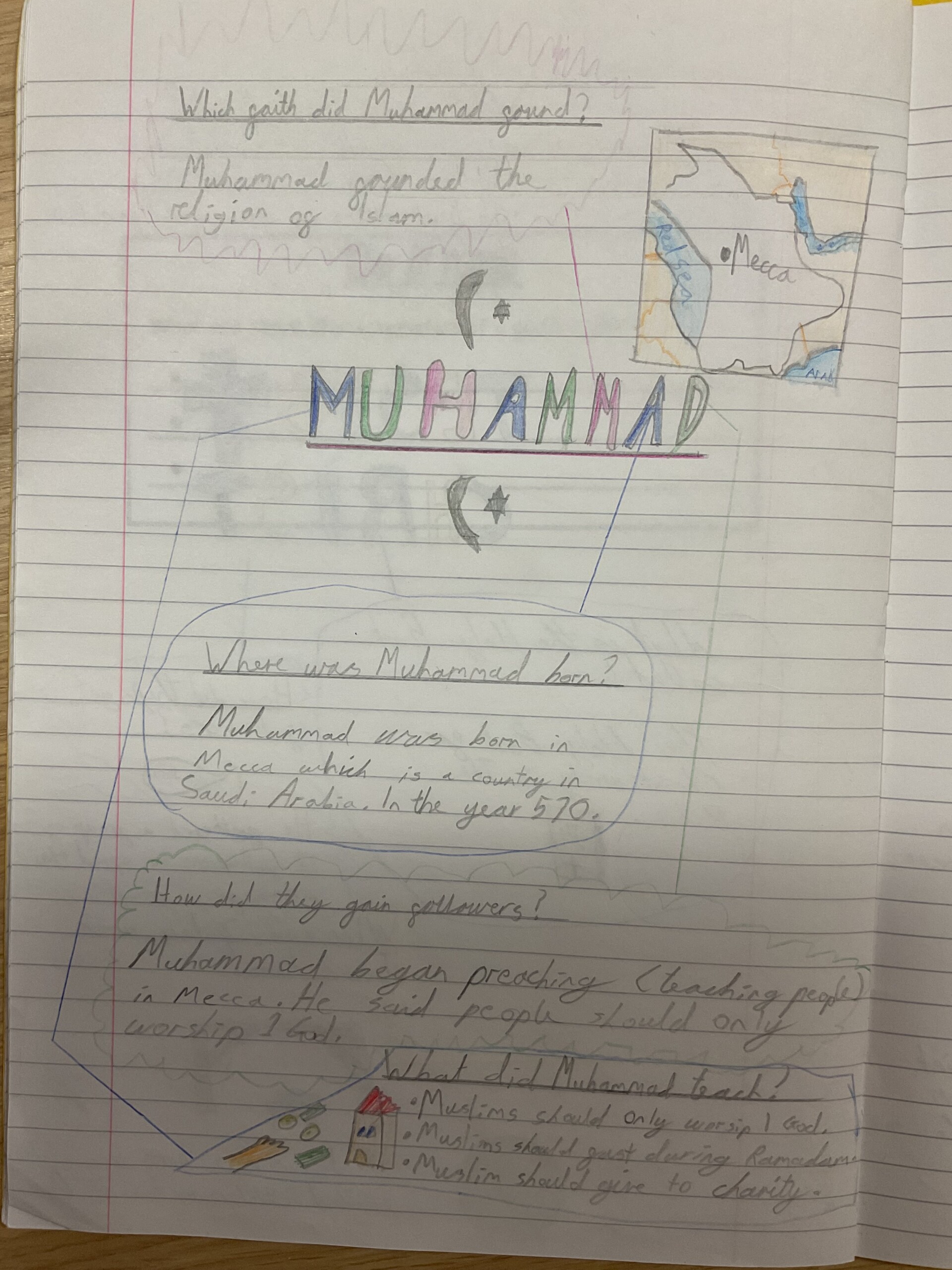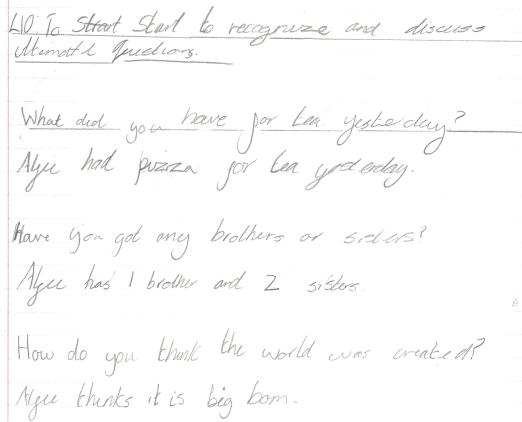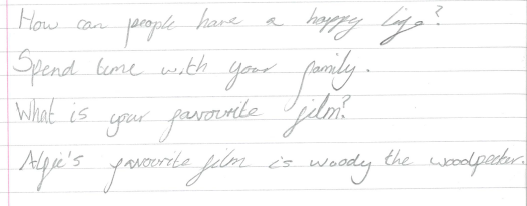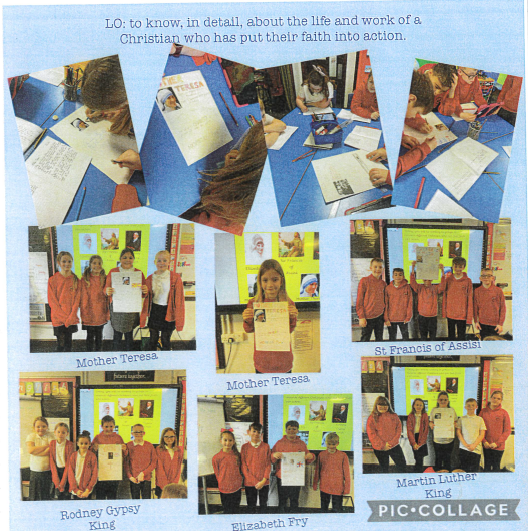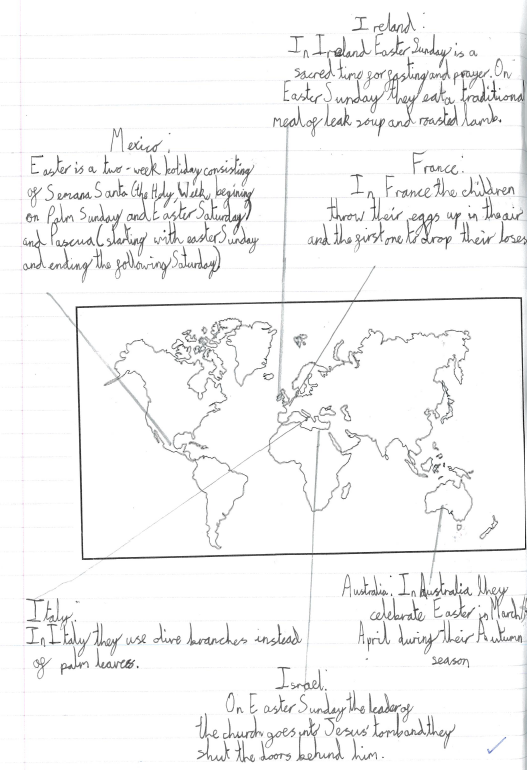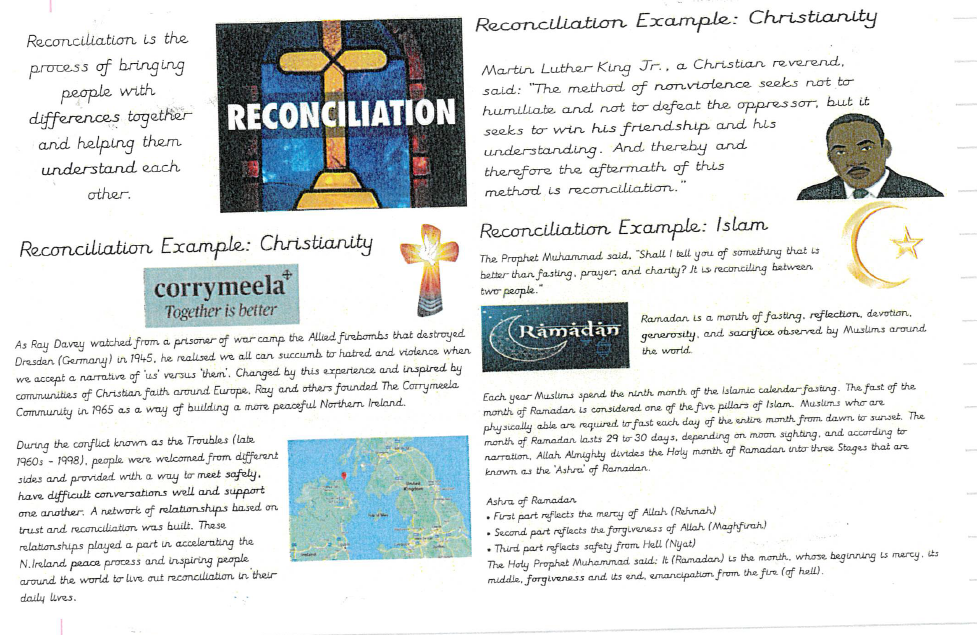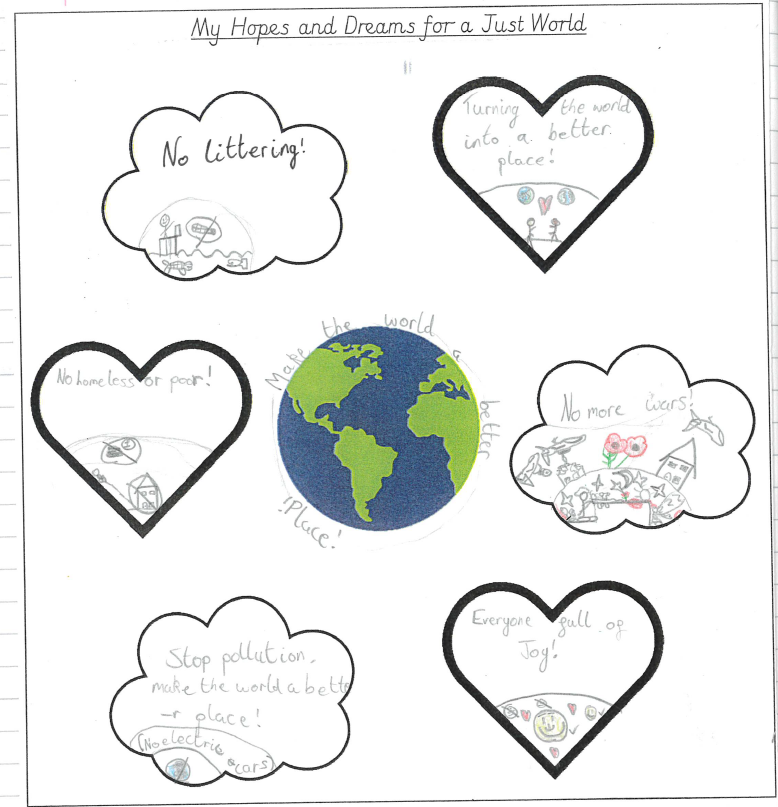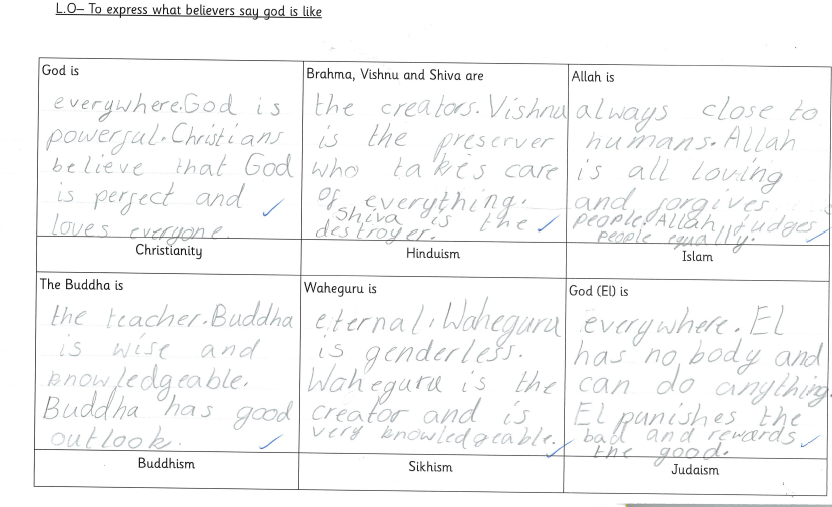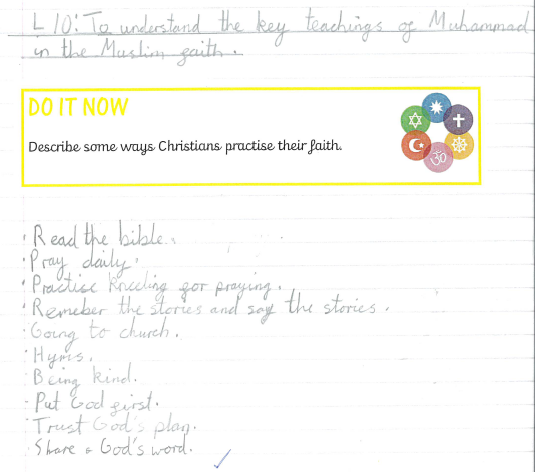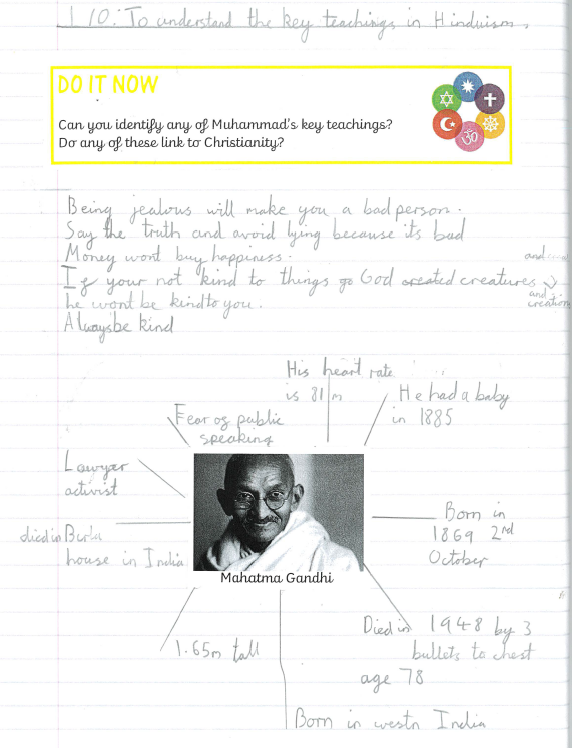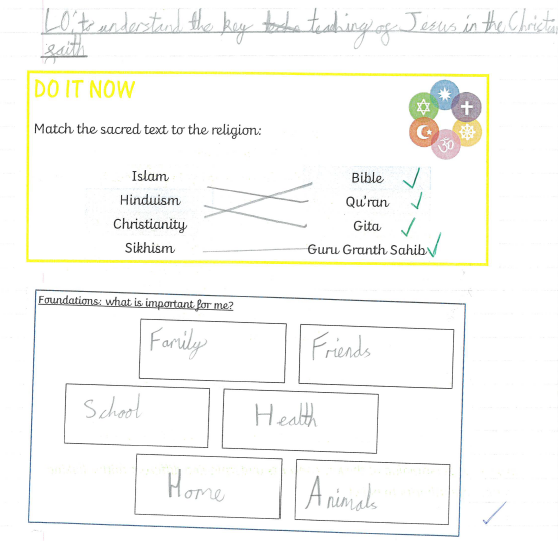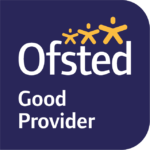Religious Education
Our vision: ‘Embracing diversity, building a brighter future together’.
‘Learning at Boothferry inspires us to discover, explore and use our knowledge, skills and understanding to develop ourselves as citizens of tomorrow’.
Curriculum Intent
Our Religious Education (RE) lessons are intended to offer a broad and rich RE curriculum to allow for coverage of the areas prescribed; to allow for a variety of ways to explore religions, their community and personal development and wellbeing. The lessons have an intention of providing a high quality, coherent and progressive experience of the subject, with scope for cross-curricular learning. Through each unit, children will know about and understand a range of religions and world views. They will be able to identify, investigate and respond to a variety of issues. SMSC, personal growth and community cohesion are featured throughout each non-statutory strand and are there to ensure opportunities for children to develop positive attitudes and values and to reflect on and relate their learning in RE to their own experiences. The intent is to make sure that children understand the relevance of RE in today’s modern world and how it affects our lives.
Curriculum Implementation
Our RE lessons offer a broad range of study for children studying RE. In KS1, children begin to look at other religions, focusing on celebrations and rituals. In KS2, we offer a wider range of learning opportunities about the world’s religions including deeper understanding of the origin of those religions and their key stories and teachings. Throughout both key stages, emphasis on personal growth and community cohesion is evident, allowing for personal development for the children from KS1 to the end of KS2. Each unit demonstrates where challenge and differentiation will show development of skills. A progression document showing key vocabulary is also in use so teachers can assess children’s understanding and progress through vocabulary as well.
Curriculum Impact
We believe that the impact of our RE curriculum will be for children to have a better understanding of the religions that make up the UK landscape and how they can learn from and work alongside each other to create community cohesion. All children will be more informed about their position in the world, and the decisions they can make impacting their future. All children in school will be able to talk confidently about their wellbeing, moral and cultural development for the society in which they live. The RE curriculum will promote inquisitive minds, respect, tolerance and understanding for all those around them including themselves. Our aim is that high quality work will be produced and evidenced, showcasing a deep understanding of the main religions of the world, their community and their future. This evidence will be seen through using the correct vocabulary, explanations and respectful opinions, as well as cross-curricular evidence, for example religious and cultural artwork, drama, craft and presentations. Attainment and progress can be measured across the school using our end of year summative assessments and end of year subject reviews that will inform the following year’s action plan.
Withdrawal from Religious Education
Parents may withdraw their child from Religious Education provided they give written notification to the school and the Head Teacher. It is preferred that parents first discuss any issues with the Head before making this decision. Teachers (including the Head Teacher) can exercise their right to withdraw from teaching the subject as outlined in the Education Reform Act 1988.
Progression of Skills
If you would like to read the Progression of Skills document, please click below.
Progression of Vocabulary
If you would like to read the Progression of Vocabulary document, please click below.
At Boothferry we follow the Hull and East Riding of Yorkshire Agreed Syllabus for Religion and Worldviews. The syllabus bridges RE knowledge to relevant and deeper understanding of what faith and practice means, not only to the believer but to the learner, regardless of their personal stance.
A questionnaire was sent out to parents/guardians to collect information about the demographic of our school. From this it was decided that in Key Stage One children will be taught about Christianity, Hinduism and Atheism. In Key Stage Two, children will be taught about Christianity, Hinduism, Islam and Atheism.
Nursery and Reception respond to children’s natural curiosity about things around them. Religious Education is taught through: Communication and language, Personal, Social and Emotional Development, Literacy, Understanding the World and Expressive Arts and Design.
Exemplars of Work
The following exemplars of work follow the thread of ‘Beliefs and Artefacts’.
Year 1- Belonging. Explain how a person shows religion in their life.
Year 2- Believing. Describe how religious people may express their beliefs in action.
Year 3- Sacred places. Explain how artefacts and symbols express the beliefs of faith members.
Year 5- Expressions. Explain how artefacts and symbols express the beliefs of faith members.
The following exemplars of work follow the thread of ‘Questions’.
Year 1- What a wonderful world. Talk about the meaning of two different creation stories.
Year 2- Questions, questions?? Understand that some questions have no simple answers.
Year 3- Founders of faith. Reflect on the teachings of key religious figures and how these teachings impact on society.
Year 4- Our world. Offer answers to an ultimate question from different faith perspectives.
Year 5- Faith in action. Reflect on the teachings of key religious figures and how these teachings impact on society.
Year 6- Justice and freedom. Identify the responses of different religions to ethical questions.
The following exemplars of work follow the thread of ‘God’.
Year 2- Questions, questions?? Identify names for god in different faiths.
Year 3- Founders of faith. Identify key events in the lives of faith founders and their impact on those around them.
Year 4- Our world. Explain how people of different faiths describe what god is like.
Year 5- Faith in action. Describe the teachings of key religious figures, identifying some similarities and differences.
Year 6- Hopes and visions. Explain how people of different faiths describe what god is like.
“Teachers, including those who are new to teaching, have high expectations, and they plan creative lessons that spark pupils’ interest and inspire them to do well.”
“The friendly atmosphere, the safe environment & the teachers’ encouragement.”
“The choice to do a traditional nativity was great !.“
“This school meets our expectations in every way.“
“The joy of the teachers who greet the children and parents daily.“
“We want to thank you for welcoming my family when we moved here (from Bulgaria).”
“I love the fact that senior members of staff know the names of the children.“
“When ever I have had a problem the staff on the whole have been sympathetic and helpful.“
“You can approach any member of staff and they help you.“
History day was amazing. Brilliant idea.
“The headteacher, deputy headteacher and the assistant headteacher make an effective team. They sustain a culture of continuous i improvement through the school’s vision and specific learning goals, which include resilience, morality and adaptability.”
“The headteacher, senior leaders and governors are ambitious for pupils. Their determination has made Boothferry Primary a flourishing and successful school.”
“Pupils’ personal development and welfare are outstanding. Pupils thrive and are keen to learn. They know how to look after their
wellbeing and how to keep safe. The school is an inclusive and happy place.”
“the amount of effort put in by the teachers to make topics interesting is brilliant.“
“The bike loan scheme.My family also like the school bank.“
“Leaders and staff have significantly improved the teaching of reading. Pupils are enthusiastic and frequent readers.”
“The Head teacher and deputy are fab, they join in everything.”
“We can only applaud the ingenuity & continued compassion of the young people at Boothferry.”
“Pupils who speak English as an additional language make rapid progress. Disadvantaged pupils are also supported well to make good,
and sometimes better, progress in reading, writing and mathematics.”
“My kids love the fruit on the snack table.“
“Children get off to a strong start in early years. This is due to effective leadership and skilful teaching. The proportion of children reaching a good level of development is improving yearon-year.”
“Senior leaders lead by example, modelling what is expected of all staff. Teachers feel valued and respected.”
“Leaders use funding well to ensure that pupils with special educational needs and/or disabilities (SEND) make strong progress from their different starting points.”
“My children are developing very well in school.“
“..closeness between all age groups and years.“
“Miss Pulleyn is fantastic“
“I feel the school has advanced with regards to the appropriate curriculum for different age groups.“
“Being part of their learning – it doesn’t just stay in the classroom.”
“The after school activities, film nights and discos.“
“My children have come on and made progress socially and academically since joining.“
“The teaching of phonics is a strength and enables pupils to make rapid improvement in their early literacy skills. ”
“The curriculum is well designed to include a range of exciting themes, visits and visitors to enhance pupils’ learning. Pupils become
confident individuals who are well prepared for the next stage of their education.”
“Senior leaders lead by example, modelling what is expected of all staff. Teachers feel valued and respected.”
“Thank you for treating my child like your own.“
“My children are thriving as the school is committed to learning and progression.“
“School leaders have taken effective action to ensure that pupils make at least good progress from their low starting points in reading,
writing and mathematics in all year groups.”
“Opening the school doors at 8.40am has made it much easier as it is less crowded.“
“I love seeing school events on Twitter.“
“Open weeks in Foundation allows parents to enjoy school as much as our children.“
“the school gives me advice as a parent so I can help my daughter.“
“The best thing about this school, when I ask my child this question, he said Mrs Emmerson. “
Boothferry at Young Voices…..Just WOW! What an experience.”
“The photography club is brilliant, I think introducing things like this is brilliant for the children.“
“My son’s teacher is creative, enthusiastic and genuinely cares about him as an individual .“
“The stimulating learning environment. “
“School leaders are ambitious and highly knowledgeable about teaching and learning.”
